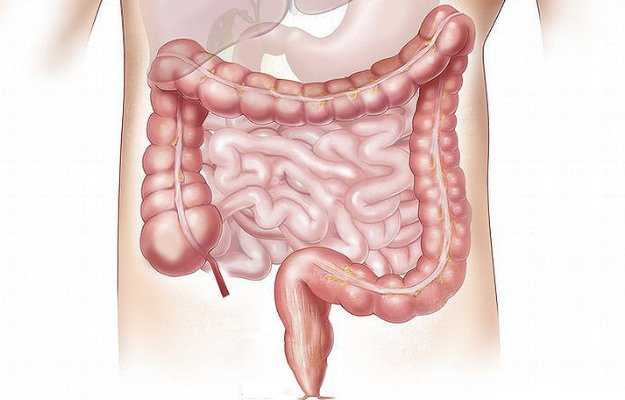What is Giardiasis?
Giardiasis is an infection of the small intestine caused by a parasite- Giardia lamblia. Giardia lamblia is a microorganism that survives on other living hosts, such as humans, pets like cats and dogs, or cattle (cows, and sheep). It lives in the intestine of the host and forms a cover around itself called as a cyst. During defecation, the cyst is released along with the stool, and the parasite lives outside the body until it finds another host.
Giardiasis is found to be prevalent in the Indian population. The prevalence rate in northern India ranges around 5.5-70%, while in the south it ranges between 8-37.1%. Children are more likely to be infected than adults.
What are its main signs and symptoms?
Symptoms start to appear within 7-25 days of being infected. Some individuals may not show symptoms. However, the commonly seen symptoms are
- Loose stools
- Bloating or gas
- Cramps
- Nausea
- Dehydration
- Weakness
- Weight loss
Fever may also be noted, but rarely.
What are its main causes?
Giardiasis is an infection of the small bowel caused by the parasite Giardia intestinalis or Giardia lamblia. It mainly spreads through the ingestion of food and water contaminated with the cysts of this parasite. Other ways by which infection spreads are
- Drinking water that is not purified, such as water from lakes, rivers, or canals, especially seen in hikers
- Swimming in pools where the giardiasis parasite is present
- Having anal sex with the infected person where there is contact with faecal matter
- Consuming uncooked of meat
- Not cleaning hands after using the toilet
It is transmitted through human contact but not through blood.
How is it diagnosed and treated?
Depending on your symptoms, your doctor will ask for a stool test to identify the microorganism. Sometimes, you are asked to provide stool samples multiple times.
Antimicrobials are the choice of treatment for giardiasis. The treatment generally goes on for 3-7 days. Along with the medicine, proper intake of water is necessary to prevent dehydration caused by diarrhoea.
You can prevent the infection by
- Avoiding drinking of water from pool, river, or lakes
- Drinking only boiled water
- Washing hands with soap after using the toilet or after changing diapers in children
You can protect your family members or others from getting infected by:
- Not sending your infected child to school or daycare until 24 hours have passed since diarrhoea has reduced.
- Not preparing food if you have symptoms.
- Not sharing any household items until the symptoms have disappeared.

 Doctors for Giardiasis
Doctors for Giardiasis  OTC Medicines for Giardiasis
OTC Medicines for Giardiasis


















